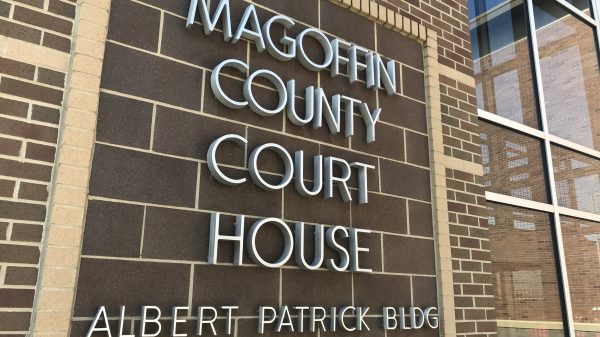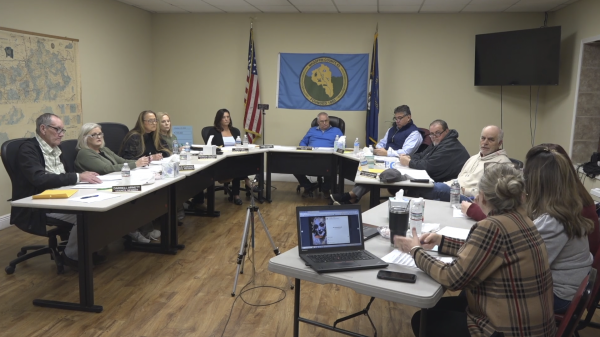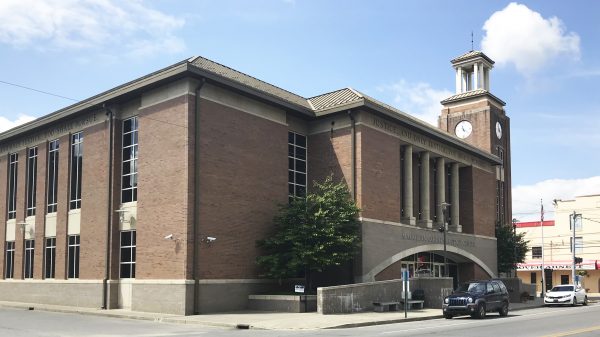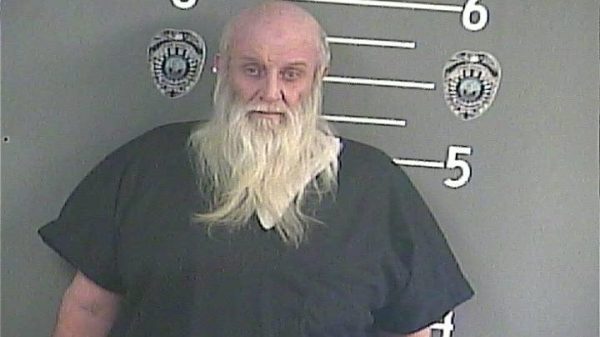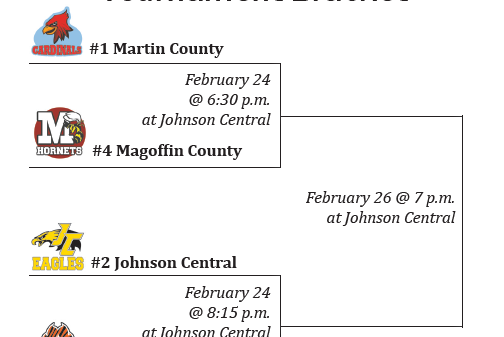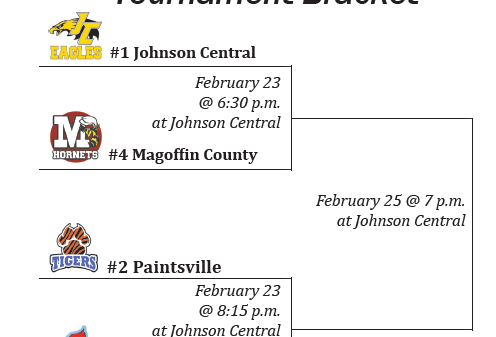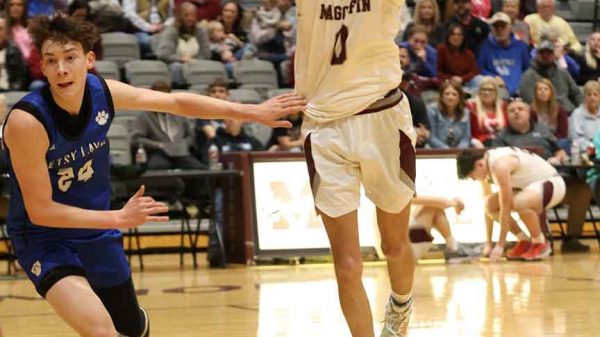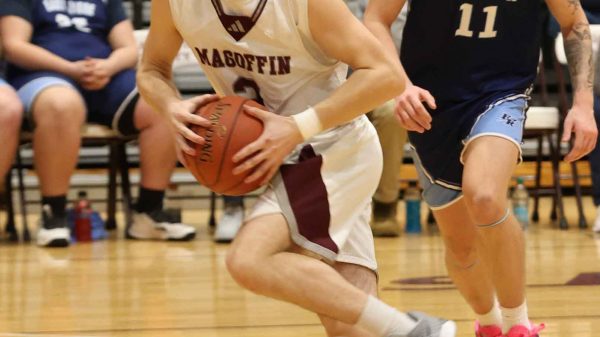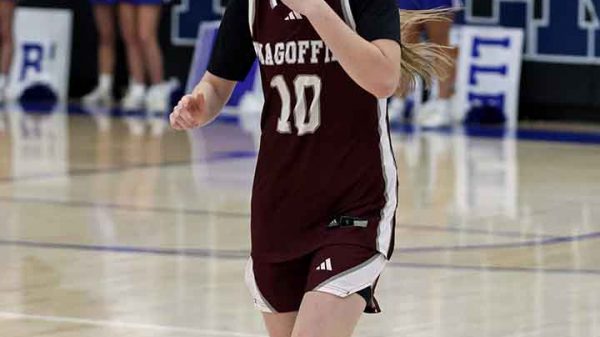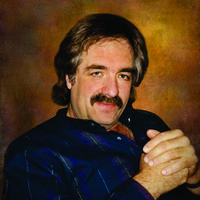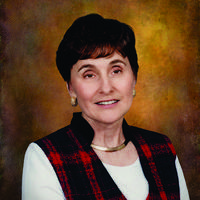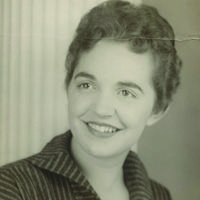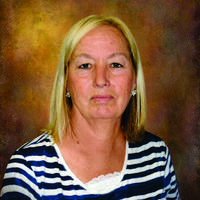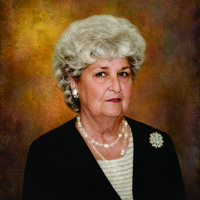After an extended battle with COVID-19, Magoffin County Rescue Squad Captain Carter Conley passed away on Sunday, September 12, 2021, at the age of 71.
Edwin Carter Conley was born on June 23, 1950, to Robert E. and Lillian May Johnson Conley. He graduated from Magoffin County High School in 1967, went to Prestonsburg Community College for 2 years, then transferred to the University of Kentucky, receiving his BA in early education in May 1972. During his college years, Carter worked in the summer for Ashland Oil and Payne Rice to pay his way through school. It was through these jobs (that paid $2.75 and $2.25 an hour) that he learned the meaning of hard work and the importance of an education.
The summer after he graduated from college, he entered fire service and became a volunteer firefighter with the Salyersville Fire Department and began teaching that fall at the Salyersville Grade School, where he also helped coach the basketball team.
Salyersville Fire Department Chief Paul Howard remembers the time well, as he was also a volunteer firefighter.
“My earliest days with Carter Conley was when I was 16 years old and he was 22 years old and we were volunteer fire personnel at the Salyersville Fire Department,” Howard remembered. “He was always civic-minded.”
In 1973 Carter joined with a group of friends to create the Magoffin County CB Club. During their meetings many discussions were held about handling emergency services in Magoffin County with the help of communications.
These conversations were instrumental to the formation of the Rescue Squad.
“We all got together and it was just a few days before my 18th birthday, and you had to be 18 to be on the rescue squad, but we were just getting organized, so they had me go ahead and fill out an application, too,” Howard said.
“Carter was 24 years old, and he has been captain ever since we organized it.”
In May of 1974, while teaching school and serving as a firefighter, Carter joined a class and got his EMT certification. He recertified every two years since and was proud to have one of the lowest Certification numbers in the state of Kentucky.
David Gardner, who was also one of the founding members, Carter’s college roommate and longtime friend, said he took that class with Carter, with Luther Dean Dunn paying the cost of the class for both of them.
“I was kind of a scrawny kid at the time and among all the things we were taught, we had to do the fireman’s carry, which was basically how to carry an unconscious person out of a building,” Gardner said. “Essentially, you get into a spoon position with them on the ground and you pull them onto your body and, using your own strength, you bring them up on your back and sort of drape them on like a jacket or a pack on your back and carry them out. Well, I got Carter pulled up on my back, but I could not get him up off the floor. Big C was Big C!”
Gardner explained that Dunn was one of many crucial supporters for a rescue squad in the early days, who also had a funeral home and ran an ambulance service.
“Back before the rescue squad came into existence, the only people who responded to a wreck were the funeral homes and they basically would go with a hearse and use it as an ambulance and transport them to the hospital,” Gardner explained. “As good as an effort they gave, they were not trained to do that.”
In August of 1974, Bob Dixon was Fire Chief. Carter and Bob developed a friendship with Captain Graham Burchett of the Floyd County Rescue Squad, the top-notch squad in the state, which was formed due to the tragic bus accident in 1958. Under Burchett’s guidance, the Magoffin County Rescue Squad was formed. The squad started off with 10 members and $100.00.
“When we first started the rescue squad, we put together a little bit of money and bought an old peanut van I always called it,” Howard laughed. “It was a six-cylinder step van we got for $500 and all the rescue equipment we had was a crowbar and that’s what we used until we started getting some more money.”
Also borrowing from the Floyd County Rescue Squad, the squad started raising money with a newspaper auction.
“Burchett came over with a box of Twinkies said, ‘If you people are interested in helping your rescue squad, you’ll bid on this box of Twinkies and I think it went for $300 to $400,” Howard said. “For a box of Twinkies. And that’s what got everything started.”
Gardner said Salyersville Independent’s then-owner Tim Bostic helped them to run the list every week for several weeks to help the squad raise money.
“One of the ways Floyd County Rescue Squad raised money was with a radio auction,” Gardner explained. “At the time we didn’t have a radio station. We didn’t have a TV station. We didn’t have anything other than a newspaper.”
In the 1980s, Carter served as assistant fire chief for Howard and Howard served as first commander on the rescue squad, with the pair learning to work together at every scene they were called to.
Carter taught school for a little over three years when he decided to make a huge career move and start working as a forest ranger with the Division of Forestry, while also working with the squad.
After a large flood in 1978, the squad got together and talked about what they did well and what they did wrong, with Gardner explaining he thinks that’s when the rescue squad really started to mature, leading to a communications system to be bought with coal severance funding.
Over the years, Gardner said Carter has been a constant in the community.
“You just had the sense of security and feeling that if you got in trouble in the county, Carter would be around to help take care of it for you,” Gardner said. “That’s the legacy – everyone has a story about someone in their family in an accident or a story of a flood and they had to be hauled out. Some of those stories became light-hearted after the fact, but during what was going on it was very serious, but he was there.”
Gardner said that Conley served the community willingly.
“Carter did this because this is what Carter wanted to do. You can’t do it for the money. You couldn’t do it because someone talked you into it. You had to want to do it,” Gardner said. “Carter did it because that was his core and that was his gut, so as sad as we are for losing Carter, Carter lived the life he wanted to live, but we all benefitted from it.”
“His dedication is what kept him with it so long,” Howard said. “Just wanting your county to be better than what it is and he just had the will. And behind every good man is a good woman and he got a hold of Vivian and she supported him through it all. You could see them at every disaster, mostly floods, ice storms, the tornado, and we had the auction, but Vivian would be right there with him, day in and day out, so she was a viable part of this organization he developed.”
Howard also highlighted how Carter was involved in the formation of the other fire departments in the county, and regardless of which department was called to a scene, Carter was there.
“You would see Carter on the scene, it didn’t matter where it was or whose it was,” Howard remembered. “Even getting paid for it, most people wouldn’t put in the time and effort he did, but that was all as a volunteer.”
There’s no person that could even come close to putting in the amount of time and effort and respect for the job,” Howard said. “He’d go to merchants and politicians to get money and gifts out from them to help run the rescue squad. He never for a minute rested. He was either going on calls or trying to keep the squad going.”
Howard said he doesn’t know how they ever find a way to find a way to cover everything Carter did for the community.
“When we first started, we had a peanut van and a pry bar and now I want to say we have around $2 million worth of inventory over there. It has grown to that all from donations and the hard work of Carter Conley,” Howard said. “This county has lost a legend and I don’t think you can ever replace that.”
Not only did Carter play instrumental roles in the start of the rescue squad and many of the local fire departments, he also provided the big push in the early 1990s to get Magoffin County 911 started, as Scott Jenkins, who has been at 911 since it started, remembers.
“Back in 1994, Carter, along with local government officials at the time, saw a need for a 911 service, with the reason being 911 is an easy number,” Jenkins said. “I remember as a child not having 911 when my great-grandfather died. You had to know the numbers to the rescue squad, ambulances, etc., and they would come and call for someone else.”
Jenkins said Carter started looking for grants to apply for and pushed for the public support, with the ordinances passed to establish Magoffin County 911 in 1994.
“Carter was like the mother hen over 911,” Jenkins said. “In the beginning days he’d make sure we had all the right training and made sure we got scheduled for everything we needed.”
Magoffin County 911 opened its doors in March 1995 with five people, four radios and four phones.
“I was just a 20-year-old kid,” Jenkins said. “I didn’t know anything about the head of the river or 3336, but Carter did, so we would ring his phone off the hook, but he loved it. He really took care of 911 for so many of those early years and, even having worked with him for 26 years now, he’s never refused a call from me. Never. I’ve sent him on numerous calls, from flooding, ice storms, tornado, to needing a motorist assist, someone needing delivered medication. There was never a call he said ‘no’ to. I’m pretty sure you can’t replace that.”
Magoffin County Judge/Executive Matt Wireman said his first memories of Carter stemmed from when his family owned the Somerset gas station when he was around 12 years old, with a straight view of the rescue squad.
“We watched them go through town with the lights and sirens on and we always knew who was in charge,” Wireman said. “It was always Carter.”
When Wireman’s dad, Chalmer Wireman, was elected sheriff, he said they became closer to Carter and Vivian, seeing them at the courthouse and helping with dispatch.
“Carter has always been one I think was respected professionally, not just here, but across the region and wherever he was,” Wireman said. “He was very knowledgeable. He was very matter of fact about it, and he was very passionate about what he was doing. Sometimes his passion may have rubbed people the wrong way, but I can tell you, I don’t know very many people in Magoffin County who wouldn’t want him on the scene if they were in a bad wreck or had an injury and needed emergency services. Obviously, a lot of folks listen to the scanner, and it didn’t matter what the situation was, 101 was en route. It didn’t matter what time of day it was.”
Wireman said Carter was a true servant leader, dependably serving the community, leading the rescue squad, and just being a leader in the community.
“He made sure that it was all volunteer and this was not a paid service,” Wireman said. “That speaks volumes that it’s why it’s been going for almost 50 years, and we got to make sure it keeps going.”
Wireman said Conley stayed onto him for money for things the rescue squad needed, noting the county just purchased a $100,000 new rescue squad vehicle, which will be here in October.
“It saddens me quite a bit that he won’t be here to see the unveiling of that big brand-new truck because he has since day 1 since I took my oath of office, he has been on my back wanting me to get him a new truck,” Wireman said. “It will be a bittersweet day when we do the unveiling, but I think he’ll be looking down smiling.”
More than just a love for community service, Conley was also known for his love of sports, particularly UK sports.
“Probably one of my earlier memories of Carter was playing football up at his parents’ house and that, in my mind, is where ‘The Big C’ name started. He was a good-size guy and I think he used it to his advantage, so that sort of became his name,” Gardner laughed.
Wireman said he was part of the football crew that watched games together, noting that Carter, as anyone who knew him could vouch, was a character.
“When UK scored a touchdown, Carter would run out of the garage or wherever we were watching it and flip his lights on his car and turn on the fight song,” Wireman said. “For a long time, he would do a dance, but it was his hips and knees that started giving out on him and he had to quit that.”
Wireman noted a time Carter flipped his lights on prematurely, with a flag thrown at the last minute.
“I was hollering ho-ho-ho, but he had already started, and he had to stop, so the very next time and every time after that, he’d run over, then spin around and look at me to make sure it was good before he’d flip it,” Wireman laughed. “He’s going to be missed a lot.”
Salyersville Mayor James “Pete” Shepherd said he’s known Carter since his dad and Carter’s dad worked together at Ashland Oil, with Carter getting him his first tickets to go see a UK game.
“After I got back from college, we watched ballgames and ran around together and he was just a good friend,” Shepherd said. “We watched every football and basketball game together to the point he would call me on game day and say, ‘Where we watching the game at?’ After my grandkids came along, he’d call and ask, “Are you in Lexington?’ to see if I was in town to watch the game.”
As mayor, Shepherd said Conley always stayed on top of what he would need to know as far as high water and things that needed attention, providing unparalleled service to the community.
“He devoted his whole life to the rescue squad and was never paid a dime,” Shepherd said. “You don’t find anyone like that. He was the most dedicated person to the rescue squad and to UK basketball and people don’t realize how important he has been to this community for so long. He will be greatly missed.”
Gardner summed up Conley’s life of service and community-minded living, saying, “He cared about everybody, and, in the end, he lived the life he wanted to live.”


